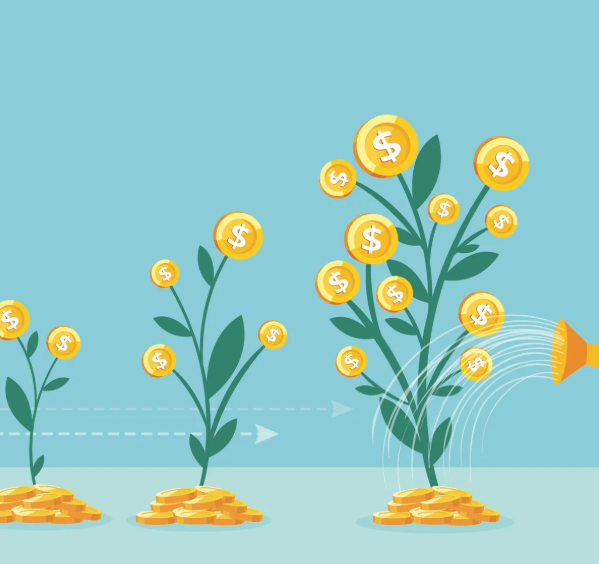Should You Consider a Roth Conversion in Early Retirement?

When it comes to retirement planning, one strategy worth considering is converting your traditional IRA to a Roth IRA. This move can have significant advantages from both a tax and estate planning perspective. But when is the best time to make the conversion? For many, the ideal window is in the early years of retirement.
The Basics of Roth Conversion
A Roth conversion involves moving assets from a traditional IRA, which is funded with pre-tax dollars, into a Roth IRA. The conversion process requires paying ordinary income tax on the amount converted. After the tax is paid, the remaining funds are transferred into a Roth IRA, where they can grow and be withdrawn tax-free. A key advantage of Roth IRAs is that they are not subject to Required Minimum Distributions (RMDs), which start at age 73 (or 75 depending on your birthdate) for traditional IRAs.
Timing is Key
A major factor to consider when converting a traditional IRA to a Roth is minimizing the tax liability. Many retirees assume that their income will drop significantly once they stop working, leading them to expect a lower tax bracket. However, sources of income like RMDs, Social Security, and pensions could keep them in a higher tax bracket than expected. The goal is to strategically manage tax liabilities over a lifetime, and this is where converting early in retirement can be beneficial.
The “Sweet Spot” for Early Retirees
Retirees often experience a “tax desert” during the first few years of retirement, especially before RMDs kick in and Social Security payments begin. In this period, income is typically lower because work-related income has stopped, and other income sources are not yet active. This creates an opportunity to take advantage of lower tax brackets by limiting withdrawals from retirement accounts. By converting to a Roth during this time, you can move assets into the Roth IRA at a lower tax cost and still allow those assets to grow tax-free for many years to come.
Long-Term Benefits of a Roth Conversion
While the tax bill from a Roth conversion can be sizable, it’s important to consider the long-term benefits. One of the biggest advantages of a Roth IRA is the ability to let your assets grow without being taxed. Plus, because Roth IRAs are not subject to RMDs, they can continue to grow for decades, potentially offsetting the upfront tax cost. Your wealth advisor can help model whether a Roth conversion, either partial or full, will provide a net benefit over time.
Tax Strategies to Manage Conversion Costs
There are several strategies that can help reduce the tax impact of a Roth conversion. For those who plan to make charitable contributions, charitable deductions can help offset the taxes triggered by a conversion. If you’re considering large gifts, you can condense your planned donations into a single year, which can increase your deduction and provide a more significant tax break. Donor-Advised Funds (DAFs) are a useful tool here, allowing you to make a charitable contribution and immediately receive a tax deduction, while having the flexibility to decide when and how to distribute the funds to charities.
Benefits for Your Heirs
Roth IRAs can also be a powerful tool for estate planning. When non-spousal beneficiaries inherit a traditional IRA, they are required to withdraw the entire account within 10 years, which can push them into a higher tax bracket if they are in their peak earning years. On the other hand, inherited Roth IRAs are not taxable, allowing your heirs to avoid the tax burden associated with traditional IRAs.
Every Situation Is Different
Deciding whether to convert to a Roth IRA depends on many personal factors, and there’s no one-size-fits-all answer. The benefits of a Roth conversion may not apply to everyone, particularly those who don’t have heirs or have limited retirement savings. Your wealth advisor can help evaluate different scenarios to determine if a Roth conversion aligns with your long-term goals.
Conclusion
A Roth IRA conversion can be an excellent strategy for reducing future tax liabilities, growing assets tax-free, and avoiding RMDs. While these conversions can be done at any time, the early years of retirement often offer the best opportunity, as income and tax rates may be lower. If you’re considering this strategy, it’s essential to consult with your wealth advisor to understand if a Roth conversion early in retirement makes sense for your specific financial situation.


 English
English 












































































































































































































































































































































































